Mathematics graduate student Aditi Sen's research refines survey analysis when few people respond—with sweeping applications.



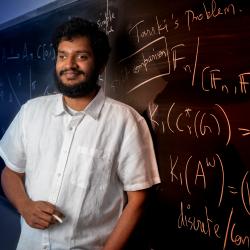
Mathematics Assistant Professor Srivatsav Kunnawalkam Elayavalli discusses the surprising link between math, music and paragliding.

In the latest chapter of his 35-plus-year career in pharma, Thomas Lake (B.S. ’88, biological sciences) is advancing next-generation biotechnology that aims to take the needle out of vaccinations.
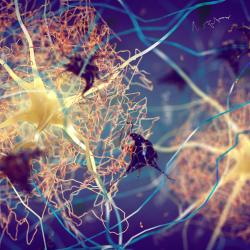
UMD computer scientist Heng Huang leads the project’s artificial intelligence and machine learning efforts and plans to build a genomic language model for Alzheimer’s that will drive drug discovery for the disease.
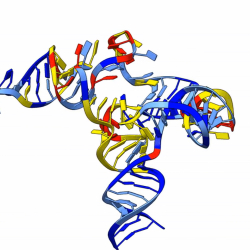
Emergente’s patented RNAnneal platform predicts shapeshifting RNA structures, addressing a foundational bottleneck across the therapeutics, agriculture and biotechnology manufacturing industries.
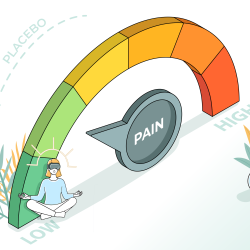
A new University of Maryland-led study reveals that observing others in pain, even digital avatars, can affect how we feel pain ourselves.
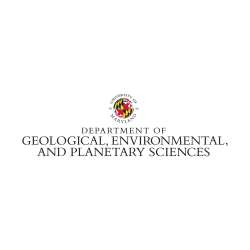
The Department of Geological, Environmental, and Planetary Sciences better reflects the unit’s interdisciplinary nature.
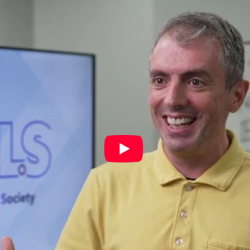
Boyd-Graber would not have recommended using chatbots for anything four years ago, but says that huge advancements have been made in the last few years.

Congratulations to the almost 4,200 Fall 2025 semester Dean's List awardees from the University of Maryland's College of Computer, Mathematical, and Natural Sciences.

Kato, a website developed by a team of University of Maryland students and launched in November, gives peers a way to quickly get up-to-date prices for 17 local apartment buildings, compare floor plans and amenities, compare distances to major campus landmarks, and see historic price trends and reviews.
